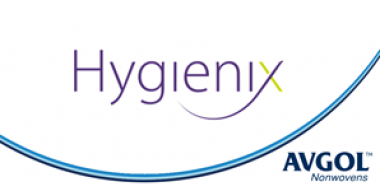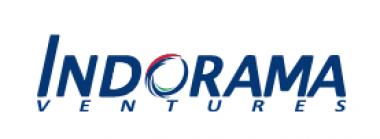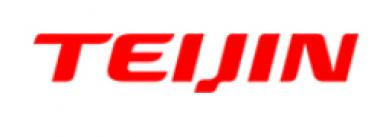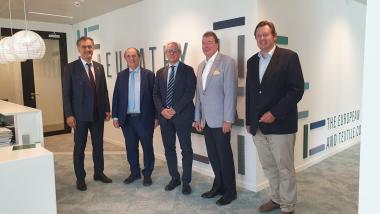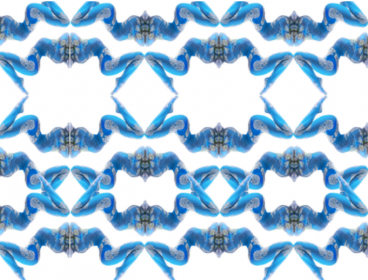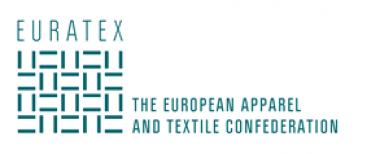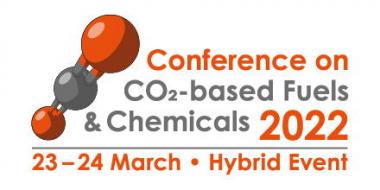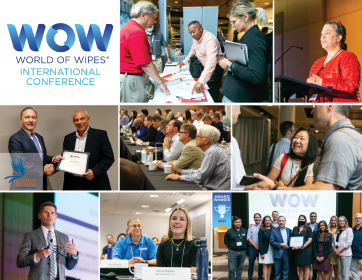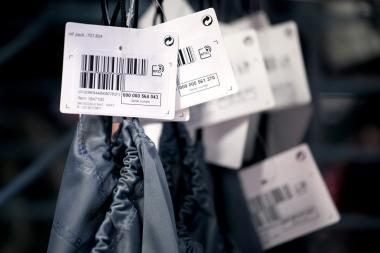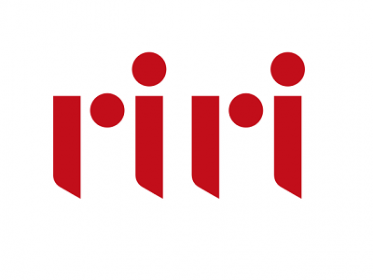DMC joins Riri Group
The year 2021 is expected to end on an extremely positive note for the Swiss Group, with an organic turnover record (significantly higher than pre-pandemic levels) and an acceleration of the product range completion strategy: after the addition of Amom, in June, Riri is proud to share the closing of the acquisition and integration into the Group of DMC, a company specialized in the metal components sector for haute couture, more specifically leatherwear. This is another step towards creating a single hub dedicated to luxury accessories, whose goal is to develop a balanced portfolio including zips, buttons, metal hardware, and fashion jewels.
DMC, established in 1976 in Scarperia e San Piero a Sieve, near Florence, has a consolidated experience with major luxury brands and a strategic position, being located close to the Tuscan leatherwear district. Originally a family-run business, today it is a company which combines highly skilled Italian artisan tradition, which has a strong connection in the region, with the use of cutting-edge technologies. Its comprehensive vertical integration system allows for in-house management of all production process phases.
“The addition of DMC to the family” – explains Renato Usoni, CEO of the Riri Group – “is not just a bonus for our offer in terms of product range. It means also a fundamental milestone in the creation strategy of a fully integrated business model”. As a matter of fact, the operation is a further improvement in the Group’s designing potential, increasingly able to provide tailor-made accessories, as requested by each client, achieving very high levels of customization while keeping up massive investments in new technologies, organization systems and sustainability projects with a cross-cutting impact.
“Our Group” – Usoni adds – “is, to all intents and purposes, a leader in terms of innovation, thanks to its state-of-the-art plants, which are located in seven production factories, and thanks to its constant search on emerging technologies and materials”. More specifically, DMC’s proposal – in line with Riri’s – is increasingly focused on the use of sustainable products and on processes with a low environmental impact.
Furthermore, the new company in the Group is committed to integrating the economic development of its business with the ensuing social accountability. Evidence of this attention is shown by its having been awarded the certifications ISO 9001, due to the quality of its processes, products and services, and SA 8000, for its ethical management of human resource. Moreover, every year DMC produces a social report which, in line with what have always been distinctive values of Riri, bears witness to its intent of communicating its achievements clearly and transparently.
Riri Group
riri Group








